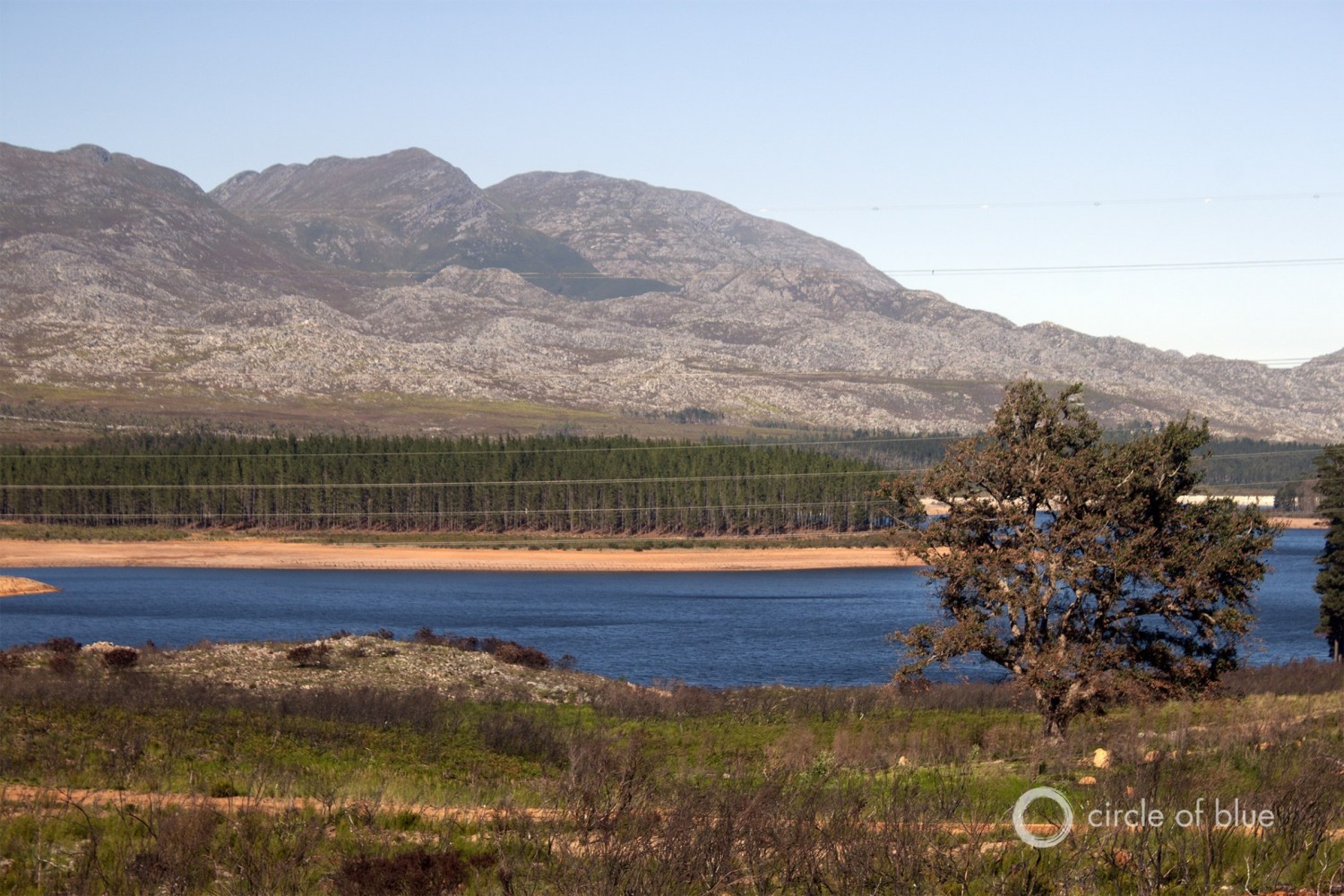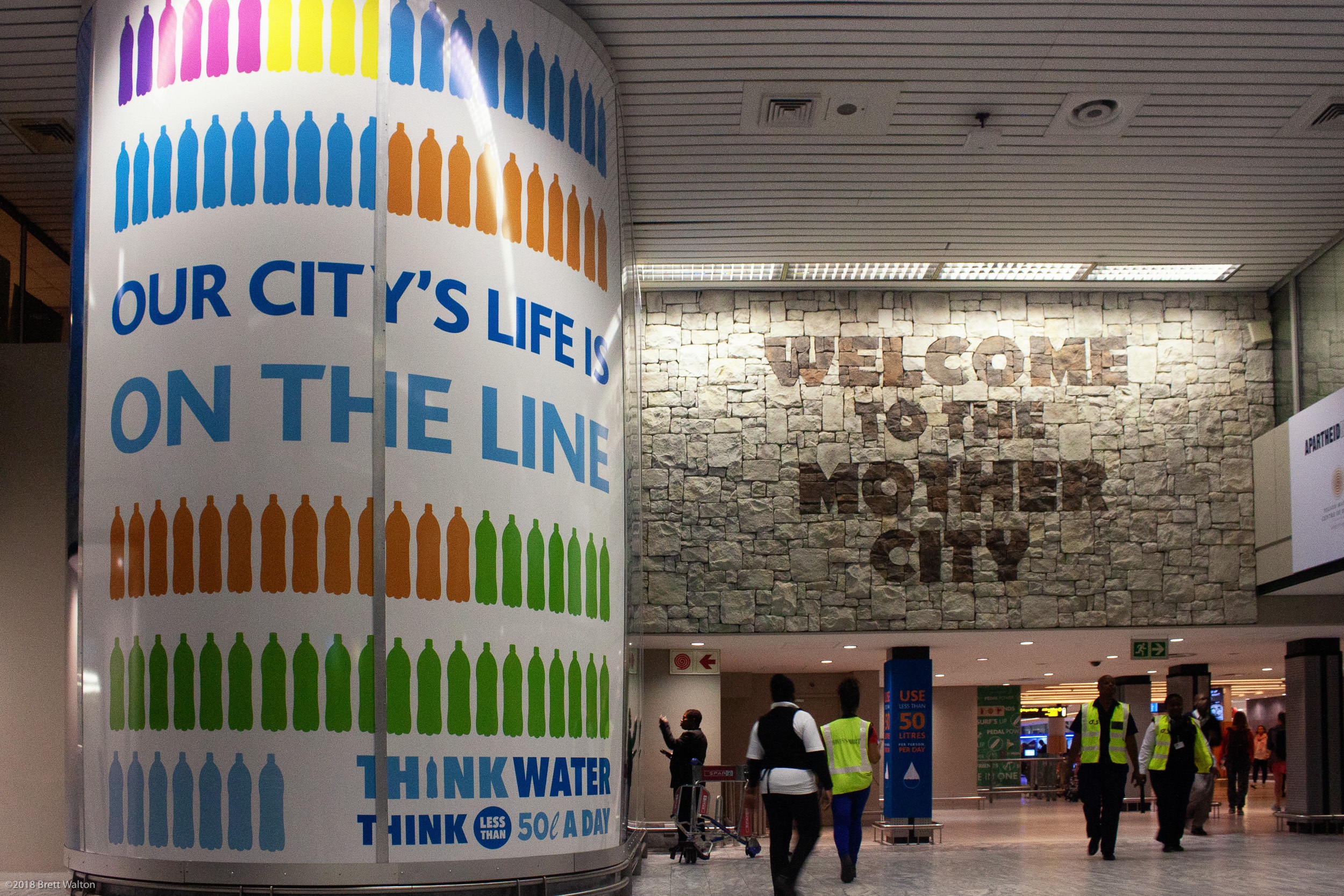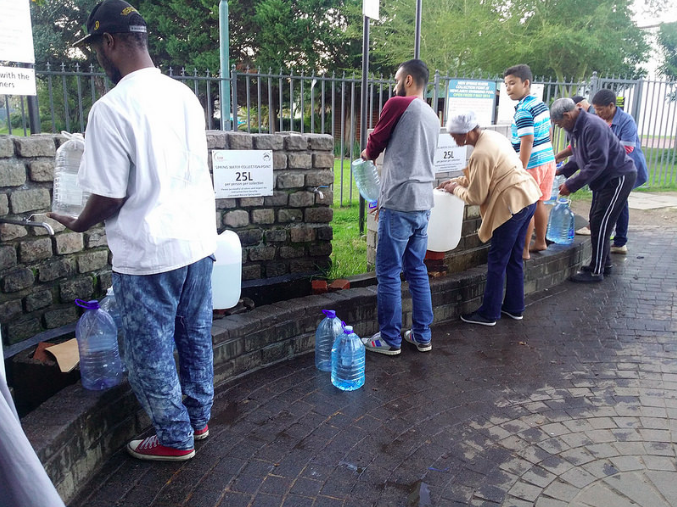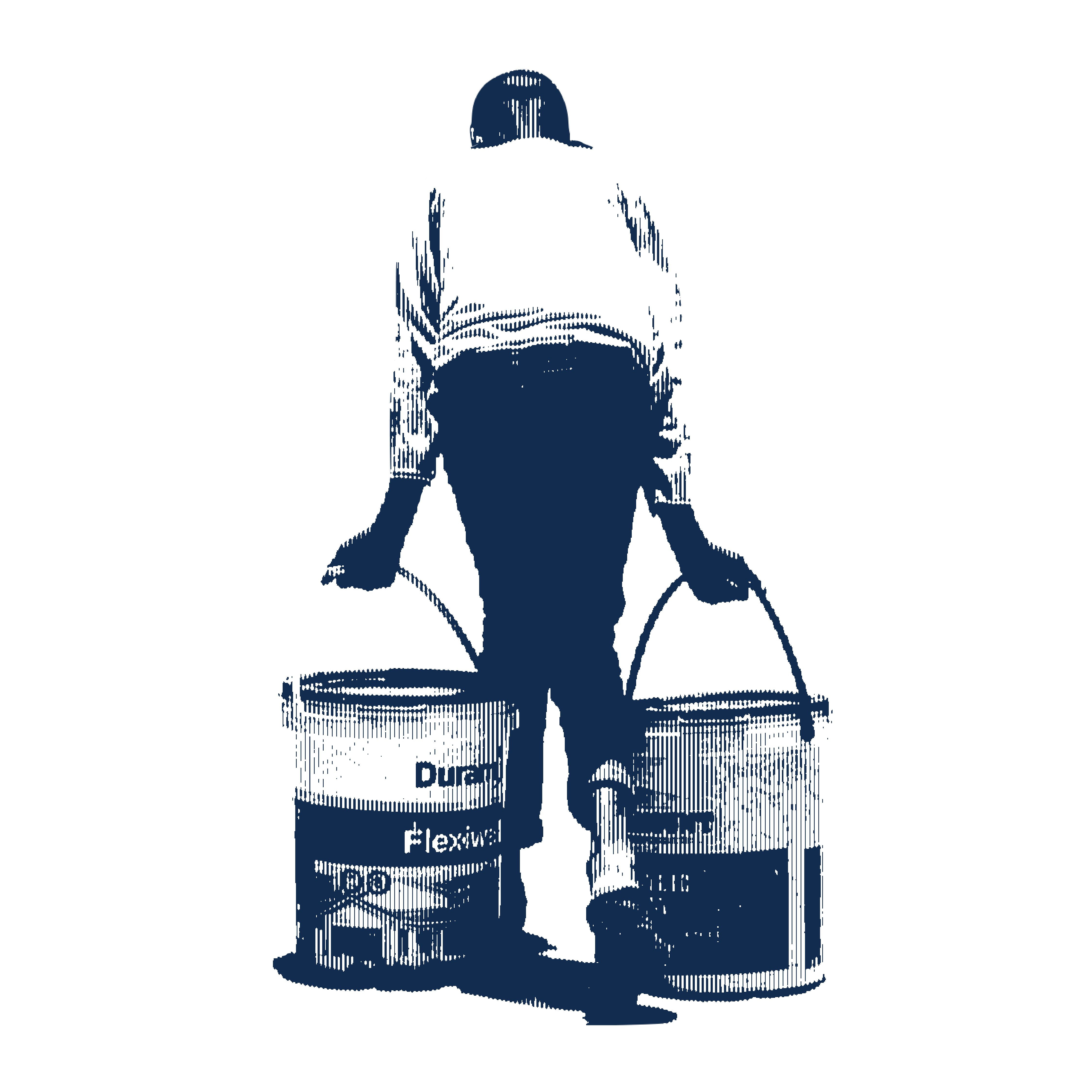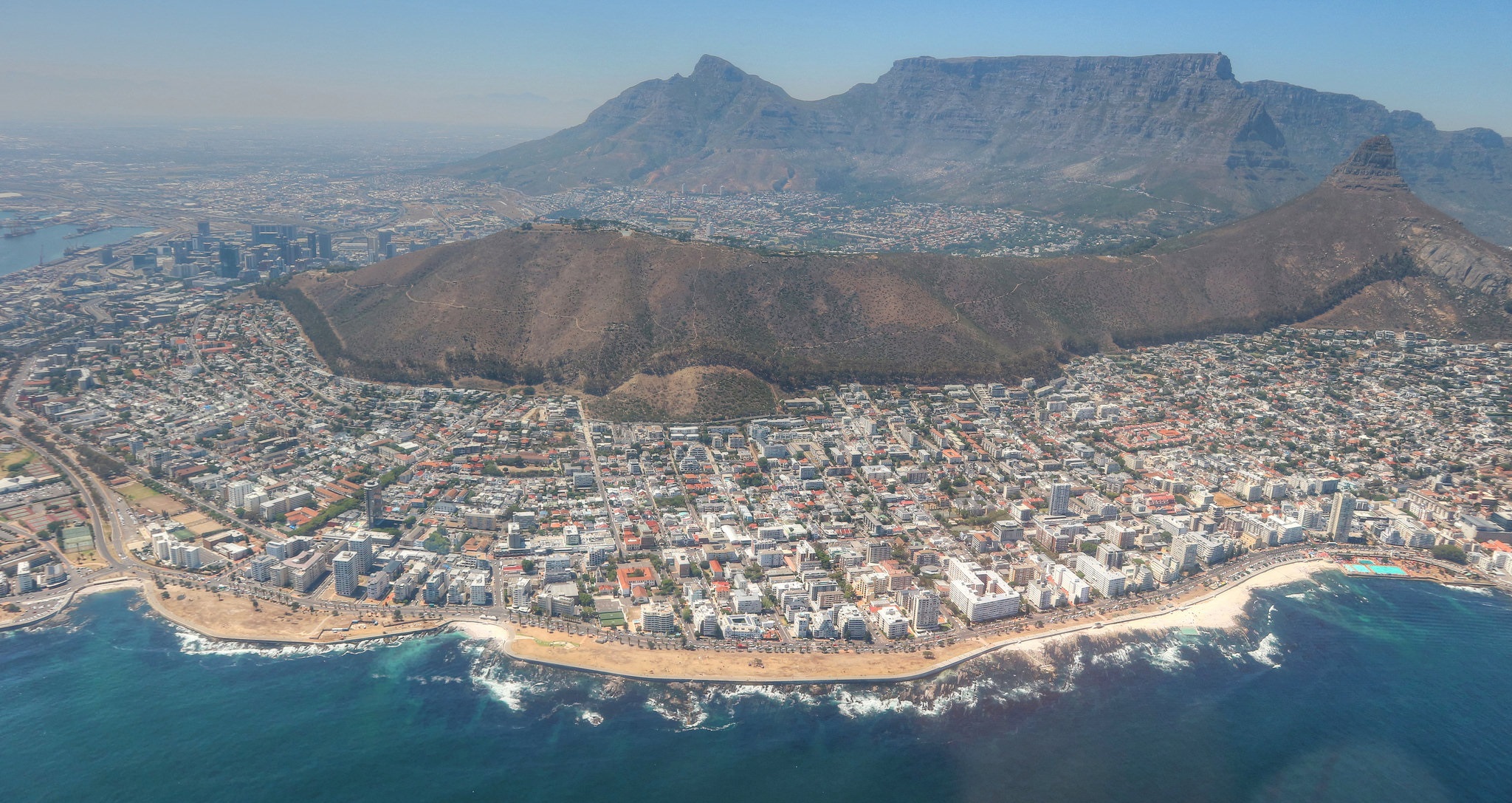
Near the end of 2017, authorities in South Africa's second-largest city announced that they might be forced to shut off water to most homes and businesses. Cape Town's reservoirs were frightfully low and dropping, and the rainy season was more than six months away. Drastic and severe conservation needed to be realized immediately, they said.
Talk of Day Zero was effective. Water use, already low, fell even further as citizens, by and large, heeded warnings to keep within a water budget of 50 liters per person per day. No more long showers. No watering the lawn or washing the car.
A shutdown of water service would have been a disaster, involving residents queueing for hours to collect water rations at a public distribution point. Authorities say that Day Zero won't happen this year because of conservation success, but the emergency for the city of nearly four million people is not over.
This project explores the urgent decisions that leaders in an economically and racially divided society must take to secure a reliable water supply in an unreliable climate. Because water is never far from politics, the reporting looks at the choices that put Cape Town at risk of Day Zero and the options it has for minimizing future hazards.

